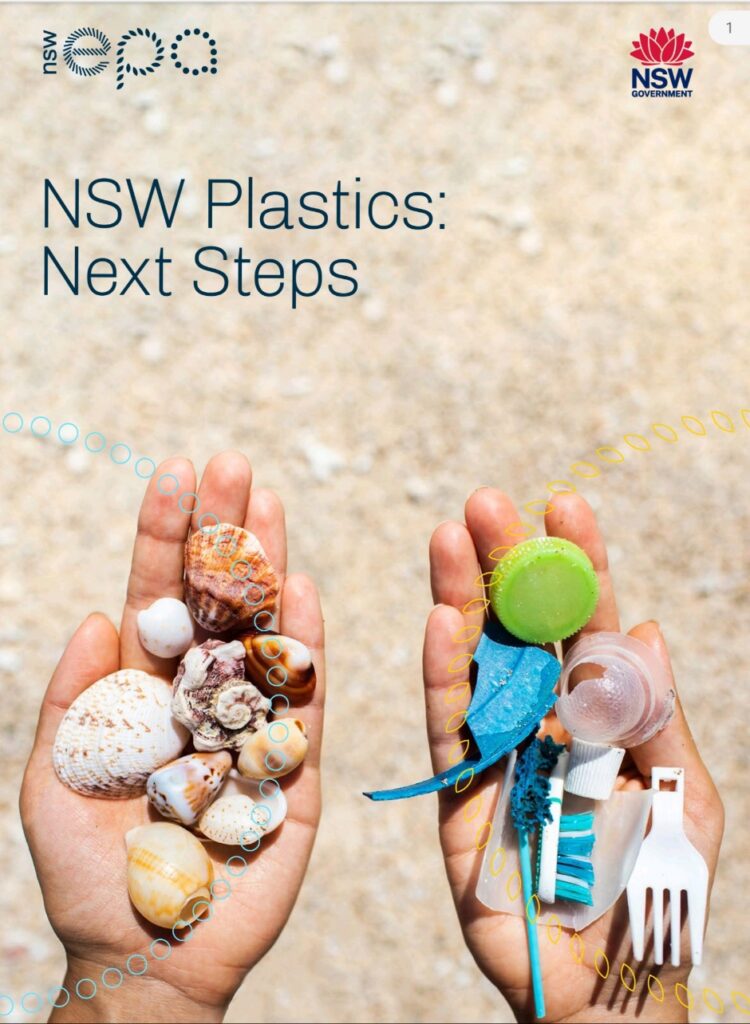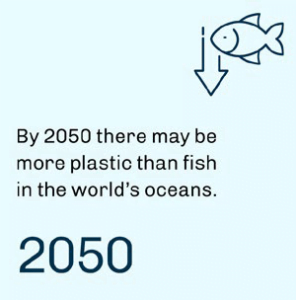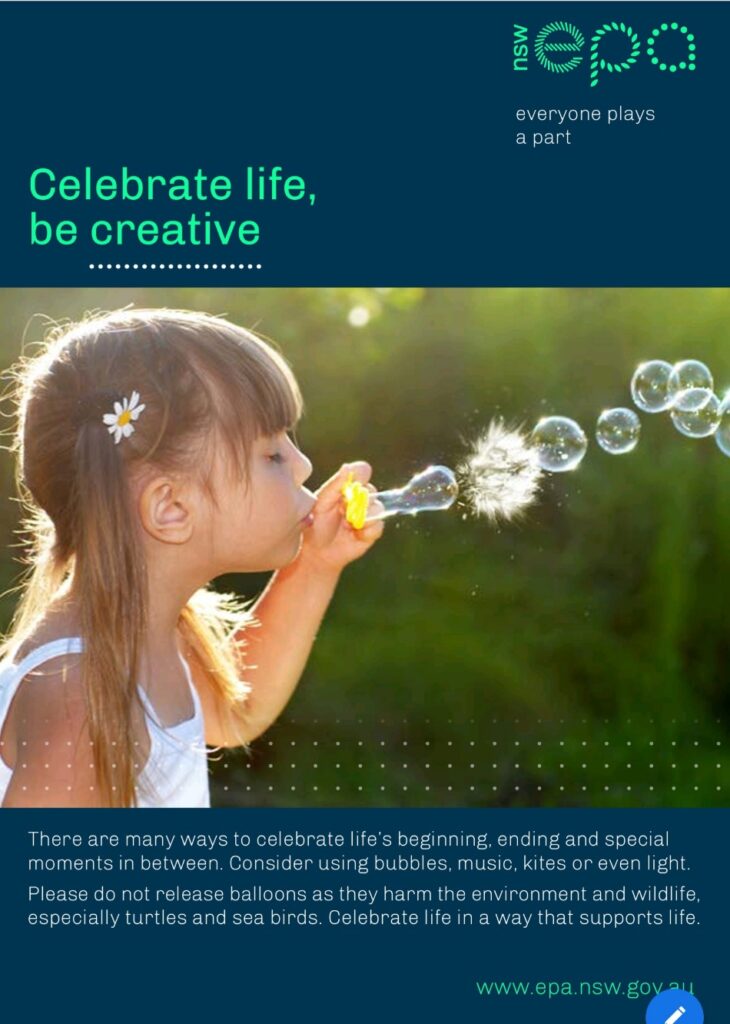NSW EPA Plastics Next Steps – have your say

In 2022 NSW began to tackle problematic plastics by phasing out items like lightweight plastic bags, single use cutlery, plates and straws. Now it’s time to take this a step further and catch up with other States which are ahead of NSW in taking action to combat plastic waste.
A consultation period has been running since 29 October 2023 on the ‘NSW Plastics Next Steps’ paper. This is our opportunity as a community to have input into such an important step forward in reducing plastic waste.
The proposal focusses on some plastic items that:
- are frequently littered, or
- release microplastics into the environment, or
- contain harmful chemical additives, or
- are regulated in other states and territories.



EcoNetwork is encouraging our members and friends to have a read of this paper – it’s very concise and outlines the proposed actions very clearly. You can respond to the simple online survey which takes only a few minutes, or you can submit your feedback by email or via the webpage. Please do this before 5pm on 4 February 2024.
You can download the NSW Plastics Next Steps’ paper here:
https://yoursay.epa.nsw.gov.au/plastics-paper
To help guide you, EPA suggests you may consider the following:
- Our three goals in this Plastics Green Paper are to reduce plastic litter, take precautionary action to minimise exposure to harmful chemicals in plastic and keep pace with plastics action across Australia.
- Do you support these goals? Why or why not?
- Are there other goals that NSW should consider in tackling the plastics problem?
- Is there more the NSW Government could do to address the plastics problem? If so, what and why?
EcoNetwork supports all these goals especially those that address the many long overdue actions being proposed. For example:

- Phase out harmful chemicals such as PFAS.
- Phase out the release of helium balloons, as well as plastic balloon sticks and ties.
- Phase out degradable plastics and additives that promote the fragmentation of plastic items.
- Labelling or promoting plastics as degradable or compostable can lead businesses and consumers to believe that they are making an environmentally friendly choice, which is misleading.
Other important actions we support include:
- NSW needing to catch up with other states on action on plastics, or it risks ‘becoming a dumping ground for plastic items that have been phased out in other Australian states.‘
- Following France by introducing a requirement that ‘all new washing machines must be fitted with a microfibre filter by 2025.’
- Plastic litter imposes significant financial costs on NSW communities. Local councils, land managers and community groups spend up to $198 million a year on cleaning up litter. Most is spent by councils on behalf of ratepayers.
Extra points we need to tell EPA:
- We would like a clear and precise definition of what is considered a non-reusable plastic item. For instance, fresh or frozen meals in plastic boxes. Are they reusable? Certainly the punnets in which berries are sold are not of much use so we hope they will be banned.
- What are the reuse targets?
- Unless these definitions are clarified, there will be even more ‘plastic washing’ being undertaken by brand owners. Things that have no specific market for their second hand use should not be called recyclable or reusable. There needs to be a clearer system and more education on the numbers in triangles on plastic containers which people automatically assume are recycled or recyclable.
- The EPA needs to ensure that brand owners are taking responsibility to create or find replacement or alternative products. They also need to be held accountable for the work involved in dealing with the end life of their products. eg separating materials such as blister packs into plastic/foil – or go back to using jars for pills.
- Ensure that the plastic items being withdrawn are not just being replaced with another problem product.
- It is essential to specify target timeframes as soon as possible – and get started!
- Businesses are paying more – financial reuse incentives.
- The emphasis needs to be on what we need to do to transition to a circular economy, and not just banning this or that.
- Refer also to the 2025 National Packaging Targets.
- Other items that should be included in the ban are various plastic decorations – Christmas, glitter, tiny free toys, halloween rubbish etc.
- Ban PFAS chemicals in all food packaging – do not limit to compostable containers.
- EPA Policy also needs to include a ban on producing or importing cheap plastic items, like laundry baskets, which break easily and are discarded. In addition, the cost of taking such items to the tip is expensive in some LGAs and so they are simply dumped in bushland or on roadsides.
Here are just a few effects of plastics on marine life:
- Marine wildlife and seabirds are particularly at risk because there is so much plastic in the ocean: up to 580,000 pieces per sq km.
- Animals can be harmed or killed by getting tangled in or eating plastic items such as balloons, plastic pellets, plastic foam and fishing line.
- Plastics in the environment can negatively affect the distribution, growth and abundance of many species.
Useful Links
War on Waste Episode 1 – ABC iView – must see viewing!
A Cruel Twist to plastics and the ocean – by Iain Watt, EcoUpdate January 2024
Ban helium balloons – Tangaroa Blue
Plastic Free July – good habits all year around
Washing machine filters a no-brainer – The Canberra Times 7 May 2023
How to clean your clothes more sustainably – The Conversation 13 January 2024
